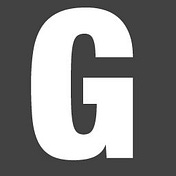
Gnosi
Explore today's pivotal topics in politics, economics, business, culture, and beyond. Gnosi offers facts, perspectives, and pathways to deeper understanding all within a single scroll, listen, or watch.

Explore today's pivotal topics in politics, economics, business, culture, and beyond. Gnosi offers facts, perspectives, and pathways to deeper understanding all within a single scroll, listen, or watch.